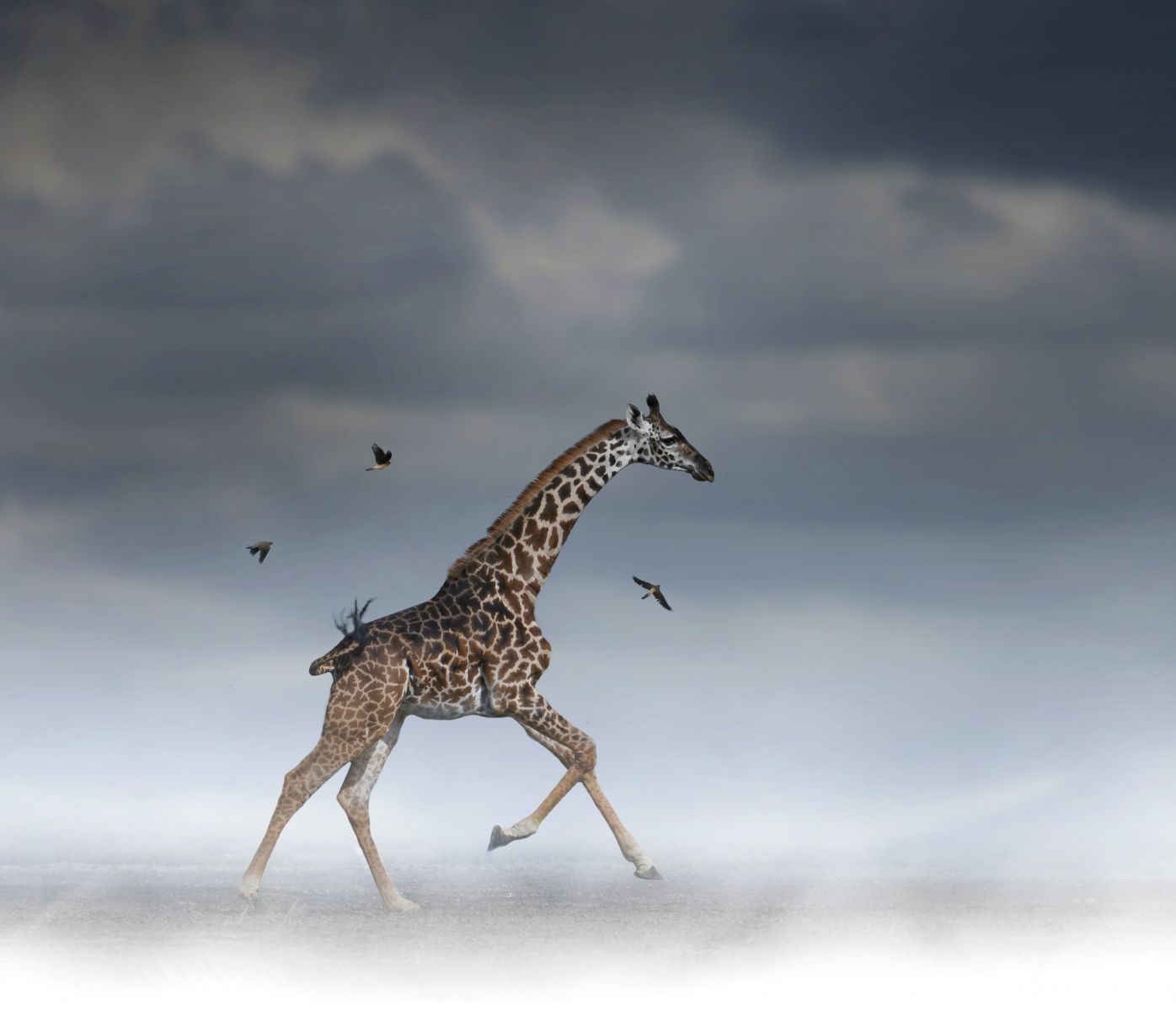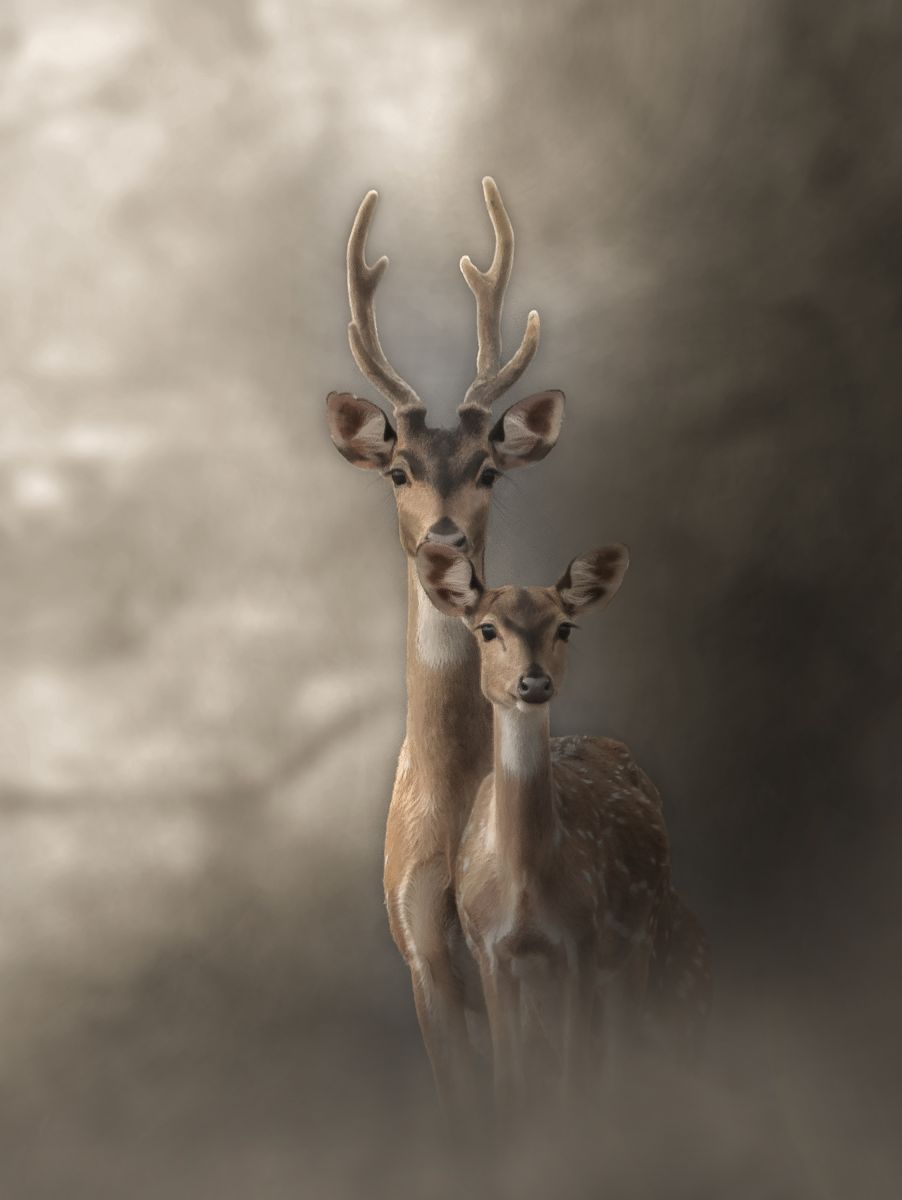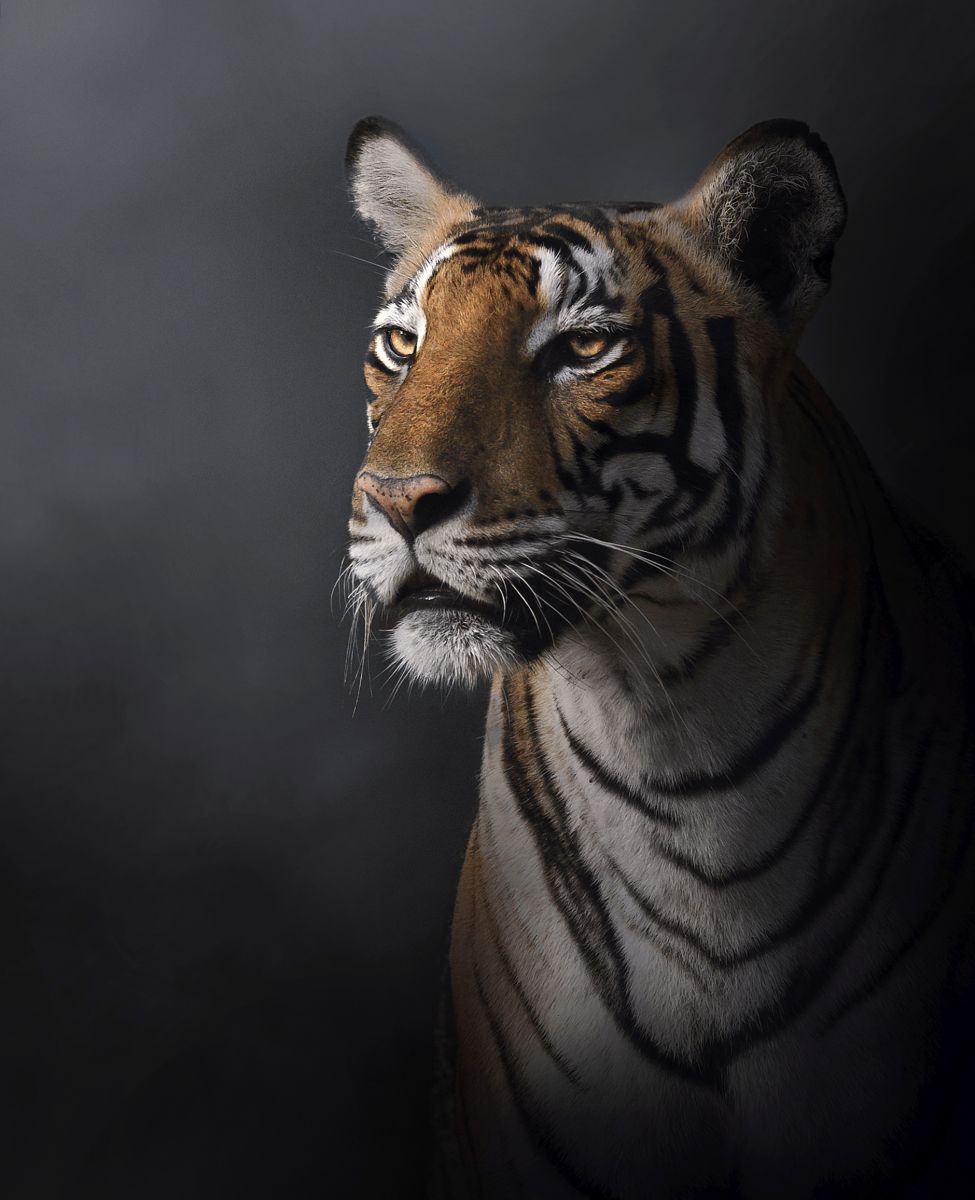Lockdown Diaries Part 2
First published in Sanctuary Asia,
Vol. 40
No. 5,
May 2020
Sanctuary asked conservationists from different areas of work (researchers, writers, photographers and filmmakers) how the COVID-19 lockdown has impacted them and their work and how they are advocating for wildlife and the environment while staying indoors. In the second part of our series, wildlife photographer, naturalist and big cat tracker Shaaz Jung tells us how he is using his time to organise his media and content.
Sanctuary: How are you managing your time between work and home, staying productive, while also focusing on your mental health?
Shaaz: Having spent years in the forest, I’ve learnt many important lessons that are helping me stay positive and productive today. I’m currently in Bengaluru, and it’s beautiful to wake up to clean air filled with birdsong. Like the indigenous tribes of our forest, I’m living life by the day and that keeps me healthy and hopeful. I start my day with a morning run on the empty streets, littered with leaves, for a change and I spend the afternoon at my desk working. The quiet solitude, natural exercise and lack of social obligations has helped my productivity and mental health in the city.
Sanctuary: How are you translating your work to move completely online? For example, at Sanctuary, since we aren't printing our issues, we're offering digital copies and working to expand our web presence. Especially your more outdoorsy work, like photography and videography -- have you found a way to do something similar or different virtually?
Shaaz: I usually spend half the year travelling, where I focus on collecting all my content and data (photographs, videos, research papers). I spend the other half using this material creatively so I can design and disseminate it through various platforms. Over the past 18 months, I’ve been occupied with travel, making a film for National Geographic and guiding safaris across the world. I’ve gathered a lot of content and I haven’t had the time to put it all together. As the pandemic closed all borders, the lockdown has helped me organise my media, as I now spend my time at home editing photographs and videos, writing my book and working on a research paper with regard to ‘Adaptive Melanism’ and ‘Melanism in Big Cats’.
I've been working more on my 'Environmental Surrealism' style, which blends photography with art, in the hope that it creates a deep connect with the viewer and also raises funds for conservation. (Sanctuary compiled a photo feature of his images in this style in the February 2019 issue). A lot of these prints are exhibited and sold at various fundraisers, the most recent being for WWF (just before the lockdown) where 60 per cent of the sales were donated to their foundation.

'Atmosphere'

'Dawn of the Deer'

'Emergence'
As we strive to return to some semblance of normality, it’s important that we learn from this and plan for the future. We must raise our standards of how we want to live on this earth, and this must be applicable for our businesses as well. The Bison is an eco-friendly camp, and with locals in the area now fully understanding the impact of a world pandemic and the importance of respecting nature for our wellbeing, I’m sure we can collectively work together to reach new heights.
Sanctuary: What are some old habits you've lost after the lockdown began and new habits you've gained (these can be work-related or otherwise)? Can you share some that you've found particularly useful in helping overcome personal obstacles?
Shaaz: The lockdown has highlighted the inequalities that are prevalent in our society today and the lower economic strata are always the first to suffer. Yes, we’ve always been aware of this, but now is the perfect time for forced reflection. It forces us to open our eyes to the inequalities that are prevalent, not just in our country, but in our very own neighbourhood. My wife and I spend most evenings, taking a walk around our home, giving food and basic necessities to the less privileged. Charity has always been an important part of our lives, but the habit of giving every day is something we have gained during this lockdown and we look forward to continuing this practice post pandemic.
Interviewed by Divya Kilikar



